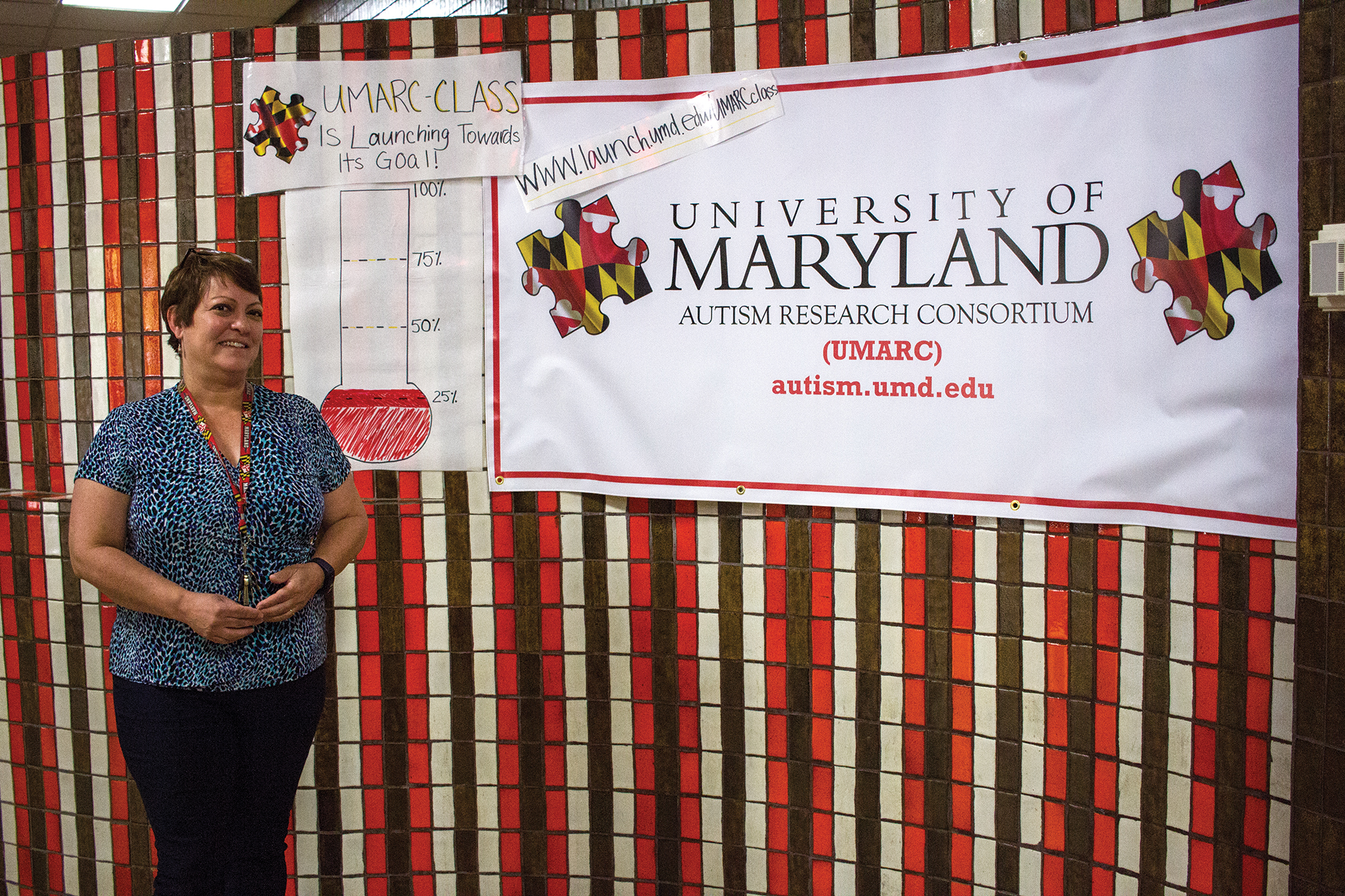During April, designated as Autism Awareness Month, the University of Maryland Autism Research Consortium is campaigning to raise money for families impacted by the disorder.
UMARC hopes its Launch UMD crowdfunding campaign raises $8,300 by May 5 to continue funding the consortium’s Community-wide Learning about Autism Speaker Series, said Nan Bernstein Ratner, a hearing and speech sciences professor.
Autism spectrum disorder is a group of complex disorders of the brain’s development, according to autismspeaks.org. These disorders can be grouped by difficulties with social interaction, verbal and nonverbal communication and repetitive behaviors.
A group of staff members across various departments started the speaker series in spring 2014 to help inform families who need more resources on autism, according to autism.umd.edu. The series aims to bring in speakers to educate the parents of children with autism, but students can also learn a lot from the series, Ratner said.
“We have used volunteer speakers to date, but that is not sustainable, which is why we have been applying for funds,” Ratner said. “Some of the people that we would like to have talk won’t talk for free. We try not to bring anybody in who costs a lot of money, but eventually if all you have is free labor, you run out of people who can talk about the things that people want information on.”
So far, UMARC’s Launch UMD page indicates the campaign has raised $2,350, or about 28 percent of its goal.

The UMD Autism Research Consortium hopes to raise $8,300 for families impacted by autism.
Kathryn Dow-Burger, a hearing and speech sciences professor, said interested students could also have a huge role in the campaign.
“We have many students who want to try and volunteer so we are trying to find a gateway, a way for them to be able to learn more about UMARC, about autism,” Dow-Burger said.
Junior Jessica Nolasco said the campaign is very important for community outreach.
“We would be able to reach out to the local schools easily and be able to recruit these parents to come in,” said Nolasco, a hearing and speech sciences major. “They would be able to learn more about how to help their child and be educated. The progress that these children make are based on the decisions their parents make.”
Launch UMD serves as a crucial platform for fundraising, Ratner said.
“Some outreach is done from research budgets, but most are fairly limited,” Ratner said. “We cannot go to SGA because we are not a student organization, just an organization with some student members. Like any group, UMARC needs to raise funds to do the best job it can do.”
Nolasco said she has seen a great amount of growth in a child who came with their parent to lectures and because of the information that the parents were getting from the speaker series.
Ratner also said she is surprised by the lack of resources for families affected by autism in the surrounding area.



